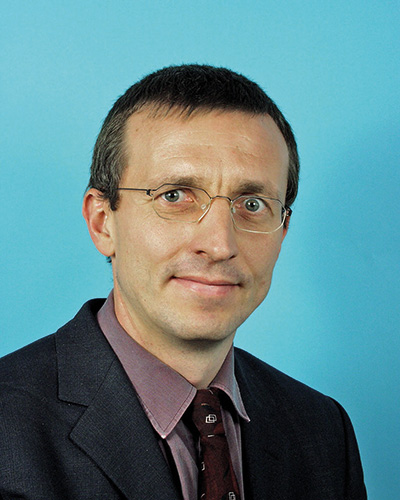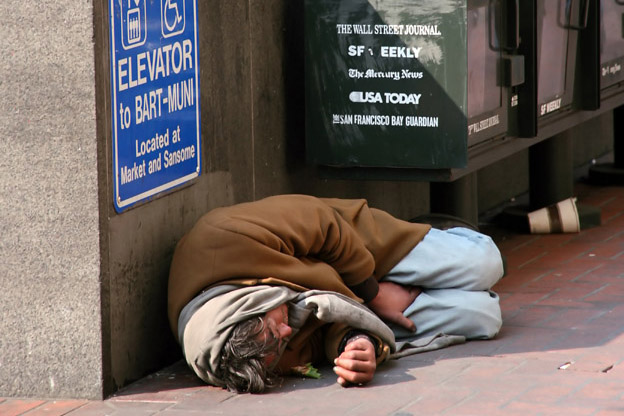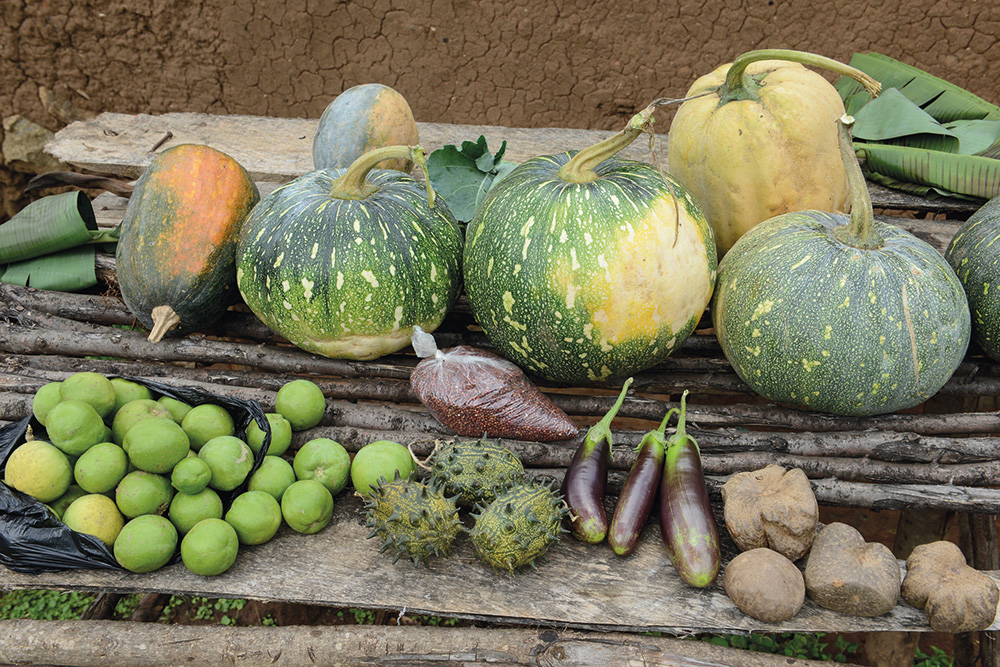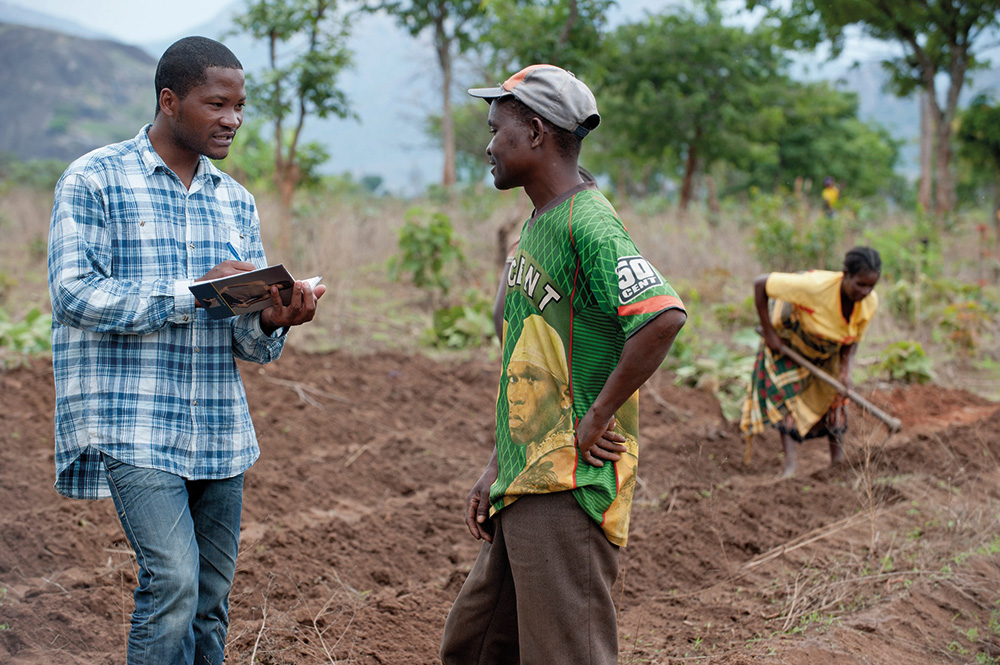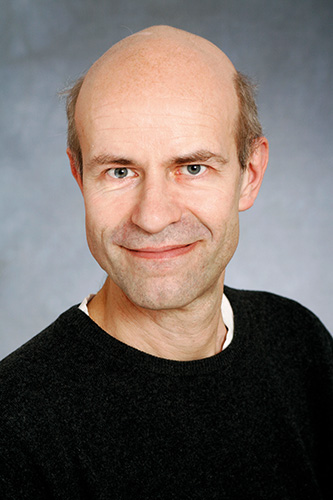Location
The international journal Rural 21 has dedicated more than 40 years to all topics surrounding rural development. Its ambition is to further those strategies and policies that strengthen rural areas of developing and newly industrialising countries and encourage their implementation. The journal addresses the complete range of relevant themes – from agriculture and fisheries via capacity building and education through to health and social security, energy supply and trade. Center-stage is always devoted to inquiring into how measures and strategies can contribute to global food security and to reducing poverty.
Rural 21 desires to further the dialogue between science and politics, the private sector, civil society and practitioners. Two platforms are designed for this purpose: Rural 21 in print is published four times a year, each issue highlighting a specific focus of rural development – this print edition is read in more than 150 countries. In parallel, Rural 21 online keeps the rural development community up to date on news and events, scientific findings and other print and online publications.
Rural 21 is published by DLG-Verlag GmbH in Frankfurt/Germany. Financial partners are BMZ (German Federal Ministry for Economic Cooperation and Development), GIZ (Deutsche Gesellschaft für Internationale Zusammenarbeit), DLG (German Agricultural Society – Deutsche Landwirtschaft-Gesellschaft), SDC (Swiss Agency for Development and Cooperation) and Helvetas Swiss Intercooperation.
The first issue of Rural 21 dates back to 1968. From 1974 to 2007, the journal was published in three languages entitled "entwicklung & ländlicher raum" / "agriculture & rural development" / "agriculture & développement rural". In 2008, the journal was relaunched as "Rural 21".
Members:
Resources
Displaying 41 - 45 of 319SDGs: Better process, worse outcome
Meant well doesn’t always mean done well. The Sustainable Development Goals are all set to undermine themselves, Stephan Klasen maintains. The worst aspect is that people, who really ought to be at the focus, threaten to fall by the wayside in this technocratic maze of hundreds of goals, targets, and indicators.
The SDGs – a paradigm shift towards more equality
The Sustainable Development Goals differ radically from the current Millennium Development Goals in many aspects. Our author demonstrates the challenges that departing from a donor-oriented development framework poses – particularly for the North, and also with a view to its own development.
Fitter and healthier with traditional varieties
In Kenya, smallholders are improving the health of their families by growing local cereal varieties and indigenous vegetables. The use of traditional foods is even helping people with HIV/AIDS.
An ambitious post-2015 development agenda will depend on soils
The sustainable management of soils is crucial to achieving the Sustainable Development Goals. This is evidenced by the analysis of the role soils play across the proposed agenda. However, some key aspects have not been sufficiently considered so far. Moreover, the SDGs will place increased demand on soils. Further advocacy is therefore needed to ensure that important soil and land related issues remain in the final declaration of the post-2015 agenda.
Nature as a commodity, or: Does nature have a value?
Is it right to attach financial values to nature and to incorporate that valuation into the post-2015 agenda? Will such valuation help to protect species diversity and ecosystems? Or does it not rather harbour the risk that we cheerfully go on destroying nature since other aspects of the national accounts can be seen as compensation? Civil society is split on this issue. Our author points out why.


